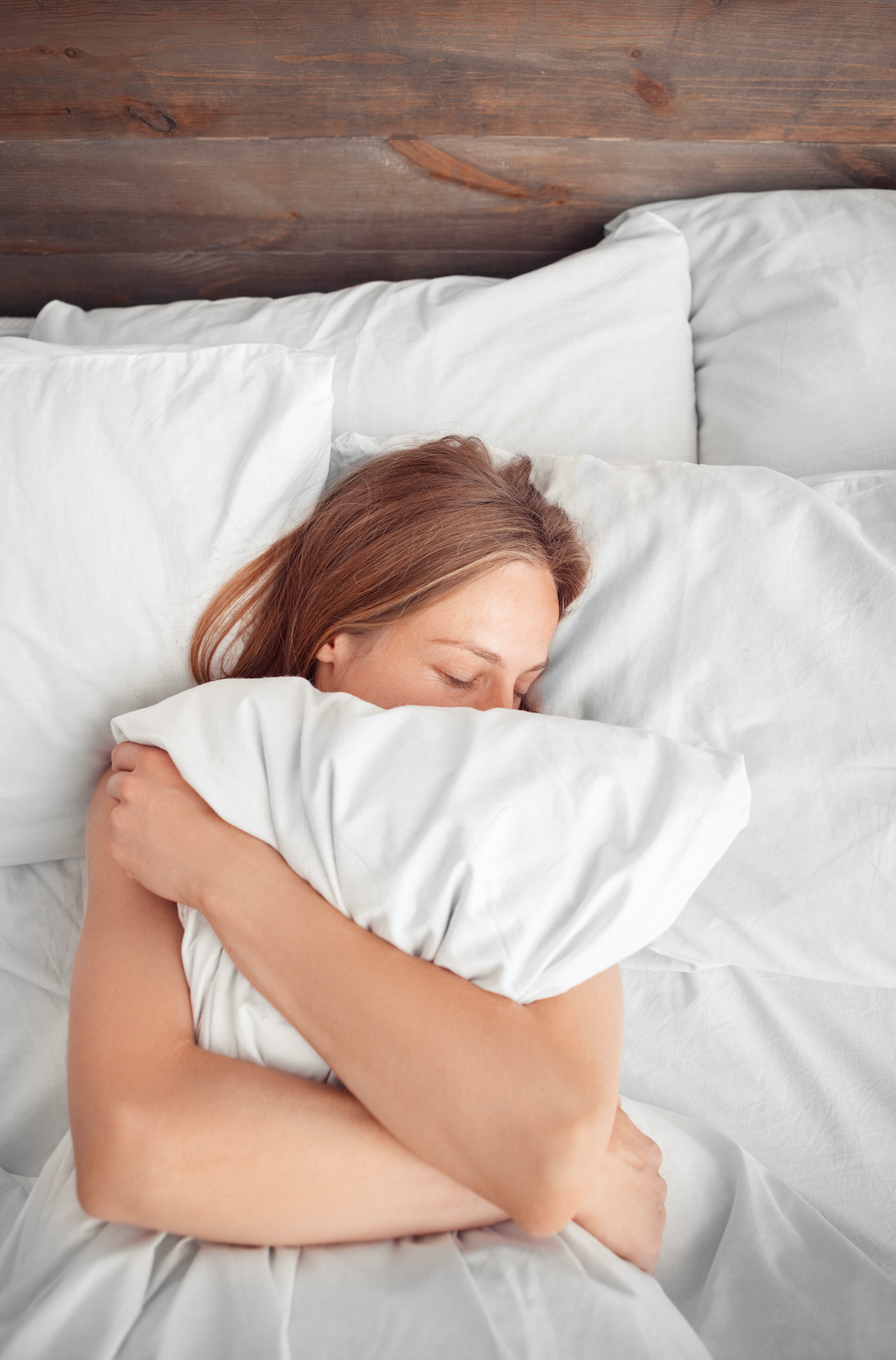It's the summer of wellness and we're all ready to refresh our daily routines. Our new Lively series will highlight all things hydration to help you live a fuller, more vibrant life with every sip.

Quality snooze time is super important to not only look and feel your best, but to maintain overall long-term health. Lots of tips and tricks providing information on things that help you sleep out there, but an essential and often overlooked part of quality shut-eye is hydration.**
Vital Note: This article has been made available for informational and educational purposes only. It is not intended to be a substitute for professional medical advice, diagnosis, or treatment. Always seek the advice of your physician or another qualified health provider with any questions you may have regarding a medical condition. Your licensed healthcare professional can best provide you with the diagnosis and treatment of any medical condition and assist you as well in deciding whether a dietary supplement will be a helpful addition to your regimen.
Does water help you sleep better?
In general, drinking enough water helps your body function at its best. "Water is responsible for helping you get rid of your body's waste products in your urine, sweat, and bowel movements," says Melissa Karch, RDN, LD, CLT. "If you aren't drinking enough, it can quickly cause symptoms like headaches and muscle or joint aches."
Sleep tips: Not drinking enough water can cause you to wake up due to thirst and drinking too much can cause you to wake up to go to the bathroom, so you have to find a happy medium. In those ways, hydration levels can mess with sleeping cycles due to interruptions.
That being said, it's important to have a solid hydration baseline to avoid these interruptions. "Dehydration can reduce melatonin production, which makes it harder to fall and stay asleep,**" says Aria Drexler MS, RD, CLT. In addition, it can cause a dry mouth and throat, which can lead to snoring.

Benefits of Drinking Water Before Bed
This should all be prefaced by the fact that it's important to stay hydrated all throughout the day, and not trying to catch up right before bedtime. Karch notes that your body functions slow down at night, so your water consumption should as well. Aside from the obvious benefits of quenching your thirst to avoid waking up parched, being properly hydrated can help your body clear waste products while you sleep. Proper hydration can affect sleep in that you can avoid symptoms of dehydration that may keep you awake, such as muscle cramps.
Drinking Water Before Sleep
A simple way to check is to simply note what color your urine is when you wake up. It works as an accurate indicator to determine if you should scale back on your intake or get in a few more glasses. "It should be the color of lemonade," Karch tells Lively. "Darker urine usually signals you need to drink more before bed."
It's definitely a balance because you want to avoid drinking too much and making frequent trips to the bathroom throughout the night, which will continually disrupt your sleep. In general, if you’re feeling thirsty, then you are already dehydrated, so find your sweet spot to avoid feelings of thirst, especially before bed. Drexler shares that upping your water intake should happen throughout the day instead of chugging water before bed. In fact, Drexler recommends limiting fluids an hour or so before bed to hopefully give you a chance to hit the bathroom before sleep.
Related Articles
How Pre-Sleep Hydration Affects You the Following Day
Why is it important to stay hydrated? If you fall asleep dehydrated, your thirst will be even more amplified in the morning. "We lose quite a bit of fluids as we sleep due to breathing, and lose even more if we breathe through our mouth, snore, sleep in a hot room or have a fan directly on us," Drexler tells Lively. Just as dehydration causes us to become groggy and cranky, waking up hydrated allows us to be more productive. Drexler recommends drinking a glass of water (or more) upon waking up before consuming any caffeinated beverage.













